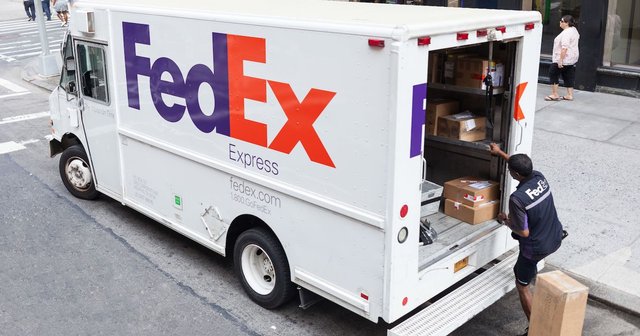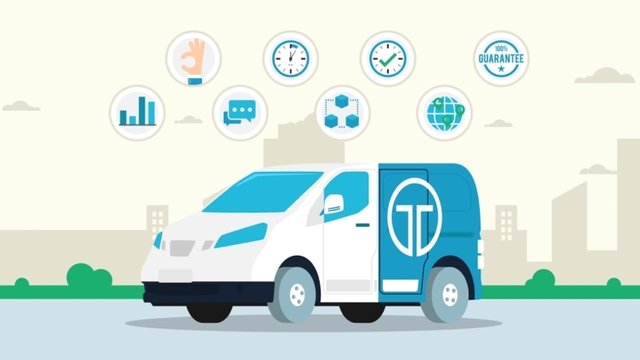
The Chief Information Officer of the American delivery service FedEx has called for uniform and industry wide standards in the blockchain industry. Rob Carter argued that uniformity for blockchain technology used in supply chains would benefit all. He made these statements last week at the Blockchain Global Revolution Conference in Toronto, as reported by Computer World.
Currently the supply chain of an internationally shipped package has a lot of work behind it. It's a mix of paperwork, certificates and licenses, sometimes digital and sometimes paper forms. "As we move toward a more digital world, blockchain is where you piece all that together", Carter stated at the conference.
FedEx is already working on implementing blockchain technology. The company is a member of the Blockchain in Transport Alliance, together with competitors like DHL Express and UPS. In September last year FedEx partnered with HyperLedger, to improve cross-industry blockchain technologies. From that perspective the words from Carter definitely make sense.
In March, UPS rolled out its own blockchain-powered platform to improve merchant supply chains. Merchants can monitor the entire supply chain from product listing to delivery, all while sensitive data like pricing and certain rates are only accessible to the buyer and the seller.
While the major delivery services are rebuilding their delivery system and internal structure, smaller companies are trying to help out or compete in the space. There is a startup building an Uber-style crowd delivery applications, for example.

This company is called Triwer. It's a Norwegian company that wants to be the Uber for parcel deliveries. The initial focus is on the delivery for small and medium sized European websites to the end consumer. Their system is build on the Ethereum blockchain using smart contracts, while a part of the process is recorded on their own custom sidechain. Triwer serves as a middlemen in the process, and charges for their service. Other interesting companies to look out for, are ParcelX from Singapore, Paket from Israel and Volt from South Korea.
ParcelX is aimed at making the border transit easier, using blockchain technology and creating more trust between both sides of the border. ParcelX runs on two blockchains: one consortium blockchain and the public Metaverse blockchain where the GPX token is being used.
Paket is building a protocol for deliveries of physical parcels between any participant in their network. It takes things like insurance, relays, and storage into account. Which means collateral goes into escrow to pay for these services when needed. The Paket network isn't meant to compete with existing delivery services, but is meant to offer a solution on which all companies can work together. Paket runs on the Stellar Lumens blockchain.
We end this article with Volt, which is a Korean P2P delivery system. Also this project is a crowd delivery marketplace. Anybody is able to offer courier services, and will be paid with tokens. After every transaction 5 percent will be burned. That way Volt is deflating coin supply and driving up its price.
Posted from my blog: https://www.nederob.nl/2019/04/30/fedex-industry-blockchain-standards-for-delivery-services-needed/